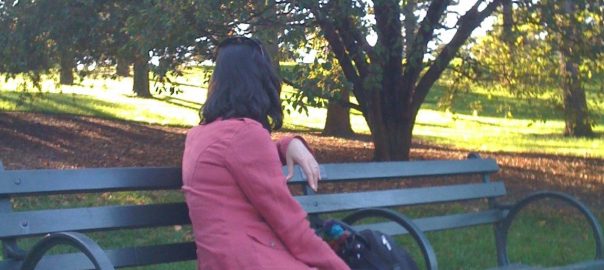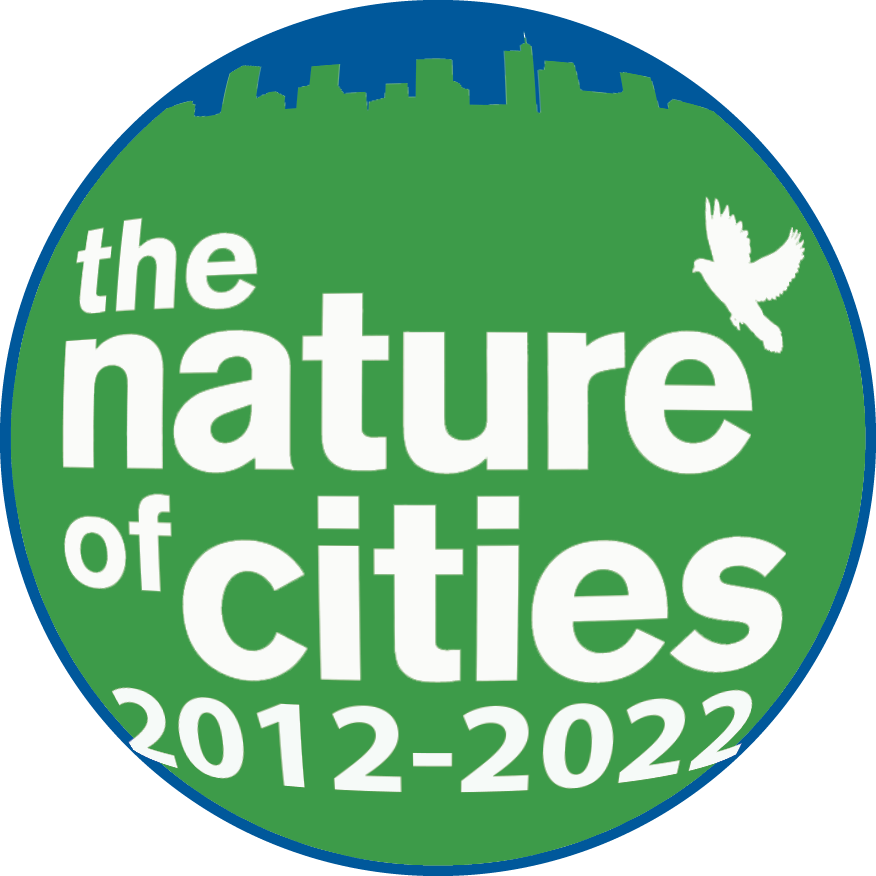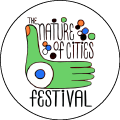22 August 2019
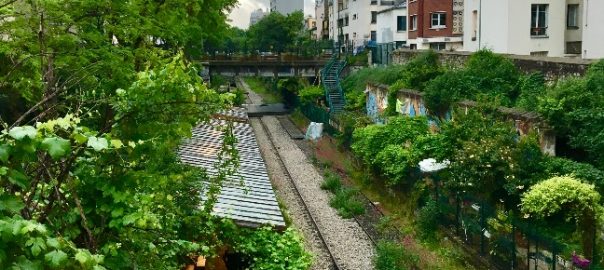
On a recent visit to Paris after an absence of more than a dozen years, I was struck by the comprehensive and visionary approach to urban resilience and livability that is transforming Paris into the global leader in innovative urban greening. Since my childhood, I have been entranced by the...
1 Comment(s)Join our Conversation
12 August 2019
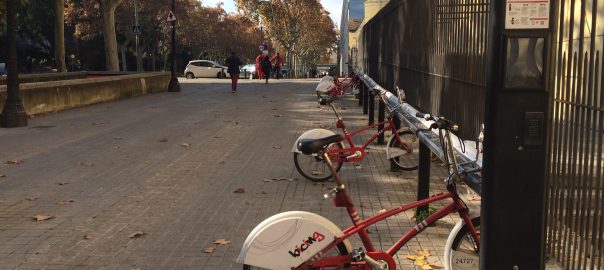
Walking may be my main form of transportation these days, but I often daydream about wheels…bicycle wheels…and the way they move people through urban and rural spaces. Most of our 14,000-kilometer journey to date is speckled with memories of two-wheeled riders, and my longing to join them in their pedaling...
0 Comment(s)Join our Conversation
2 August 2019
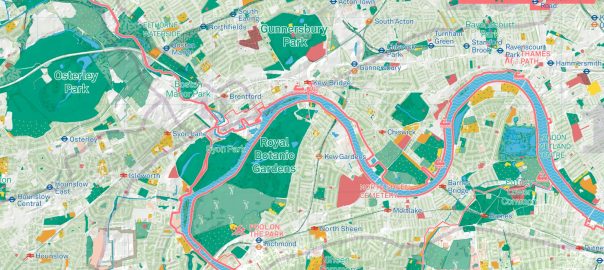
During the past week the eyes of the world have been on London, to see a new Prime Minister installed at Westminster. But the week has also seen a momentous decision made for a sustainable and liveable future for London. The city was designated as a National Park City, the...
0 Comment(s)Join our Conversation
26 July 2019
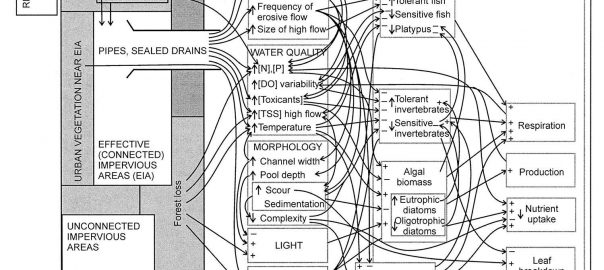
Many of us are drawn to the process and potential of transdisciplinary projects through a desire to deepen the scope and impact of our work. Though landscape architects and planning practitioners claim to be capable of achieving socio-ecological impact, their proposals and built projects too often lack necessary grounding in...
6 Comment(s)Join our Conversation
17 July 2019
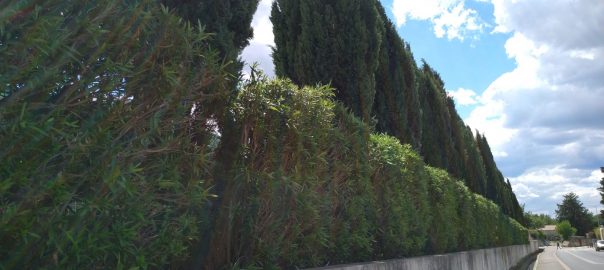
We noticed an extraordinary thing walking across Asia and Europe since January 2016: the absence and presence of fences. It may not be extraordinary in the “I climbed Everest” kind of way. But, for us, it’s extraordinary in the “I walk slow enough to see how fences change” kind of...
0 Comment(s)Join our Conversation
10 July 2019
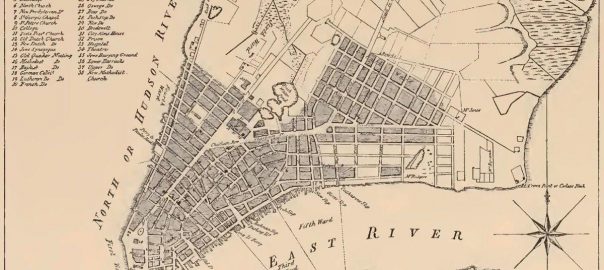
For most of urban history, urbanization was a nonlinear process. Lots filled in as needed over time, in a process some call incremental growth, or organic growth, seemingly randomly and chaotically. It was iterative, driven by acute feedback and extreme scarcity. Even the shape of lots was refined over time,...
0 Comment(s)Join our Conversation
4 July 2019
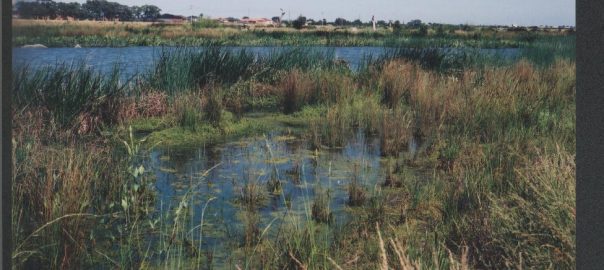
Victoria, in south-eastern Australia, has long had a reputation as a garden state, even to the extent of describing it as such on car registration plates in the past. Victorian cities boast many parks, large and small, which are highly valued by their residents but threatened by drought and climate...
1 Comment(s)Join our Conversation
30 June 2019
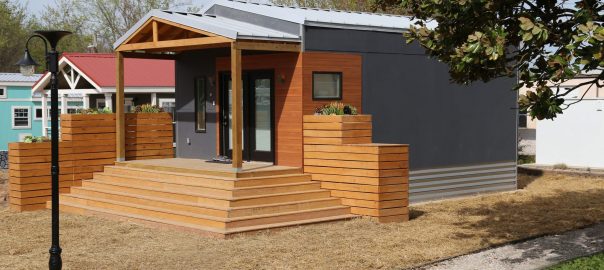
When Dr. David and Linda Brown retired, they moved into a loft in downtown Springfield, Missouri. Very quickly they got to know and become friends with their new urban neighbors. But rather than visiting in with these neighbors in their apartments or lofts, their conversations were always on the streets,...
5 Comment(s)Join our Conversation
28 June 2019
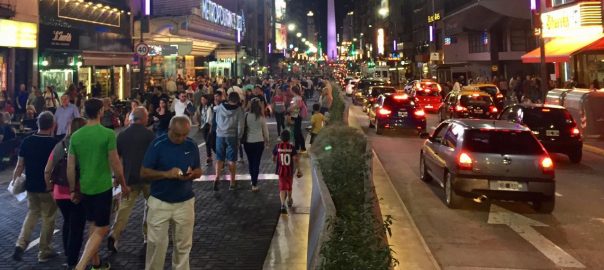
7 Comment(s)
Join our Conversation
24 June 2019
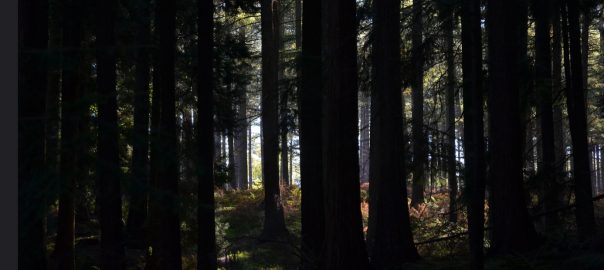
“…as if refusing to be caught / In any singular vision of my eye / Or in the nets and cages of my thought, / They tower up, shatter, and madden space / With their divergences, are each alone / Swallowed from sight.”— Richard Wilbur, An Event (excerpt) In the last...
0 Comment(s)Join our Conversation
24 June 2019
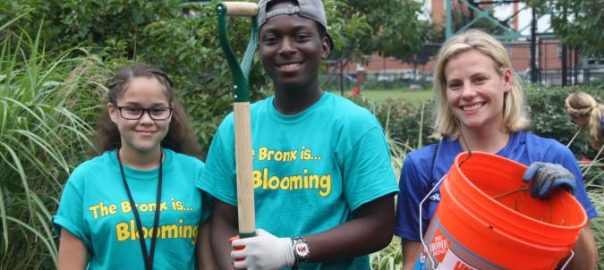
A review of the book Palaces for the People: How Social Infrastructure Can Help Fight Inequality, Polarization, and the Decline of Civic Life, by Eric Klinenberg. 2018. 290 pages. Random House. Buy the book. In Eric Klinenberg’s 2018 book, Palaces for the People, he argues that investing in social infrastructure (the assets...
0 Comment(s)Join our Conversation
30 May 2019
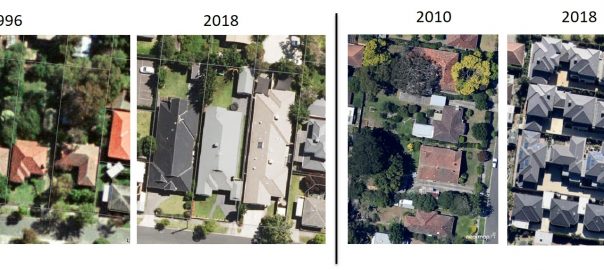
The future sustainability and liveability of cities in many bioregions will depend on retaining established trees, and on planting new trees, including on private lands. While retaining and planting trees in public space has become a familiar feature in many cities, the role of private land areas in a city’s...
7 Comment(s)Join our Conversation
27 May 2019

The guidelines of the prompt were very simple. Stories had to be set in a city in the distant future (i.e. in or near the year 2099), be 1,000 words or less, and have as significant plot points both nature and people. With this framework The Nature of Cities launched...
2 Comment(s)Join our Conversation
24 May 2019

I was vacationing in Florida, taking advantage of Spring Break, and Easter week, writing and reading and escaping the administrivia that accompanies the end of the spring semester when I saw a short report on the television behind the bar at the local pub. It was Notre Dame. It was...
2 Comment(s)Join our Conversation
22 May 2019
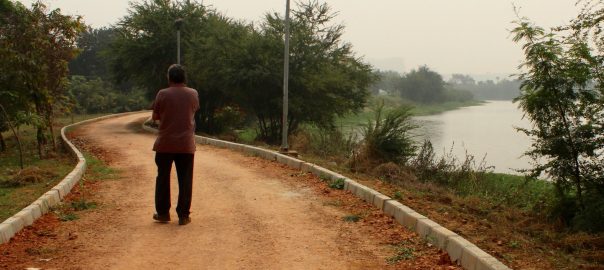
Civic engagement by the Jaimitra trust, and various civic organisations involved in conserving Rachenahalli Lake, was to create a space expected to help alleviate the stresses of living in an urban jungle, and break away from the infamous legacy tied to the images of highly polluted, frothing and aflame lakes...
0 Comment(s)Join our Conversation
9 May 2019
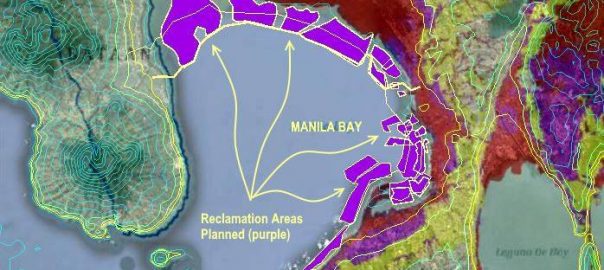
The Philippines has repeatedly taken blows causing environmental degradation. Last month, a dead whale was found with 40 kilograms of plastic in its stomach. In the same month, Metro Manila experienced a water crisis, affecting millions, and increasing risks in sanitation and waste management. In relation to this, protests have...
1 Comment(s)Join our Conversation
2 May 2019
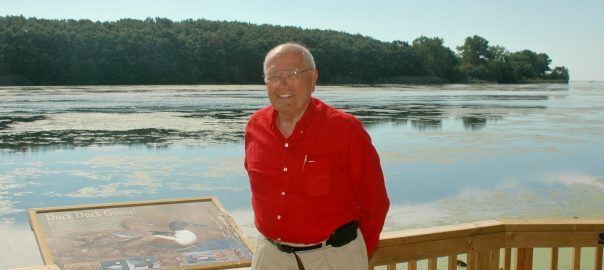
U.S. Congressman John D. Dingell, Jr. passed away on February 7th at the age of 92. He may be best known as the longest-serving member of the U.S. House of Representatives in history—serving 59 years and being reelected 29 times, an unparalleled leader of health care—presiding over the passage of...
0 Comment(s)Join our Conversation
26 April 2019
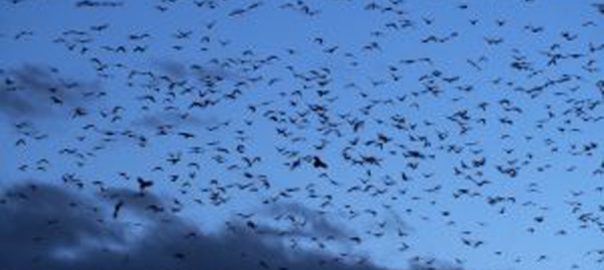
One of Metro Vancouver’s greatest spectacles is its twice daily crow migration that occurs every dawn and dusk, 365 days a year. Whatever your view or choice of description—crow-maggedon, crow stampede, crow-pocalypse—it is an impressive sight. Clans (or murders) of crows from all sections of the coast trickle in, like...
11 Comment(s)Join our Conversation
21 April 2019

At any one moment, trillions of chemical reactions take place in the human body: a myriad of connections, enzymes, and processes that together make up our human metabolism. You might recognise this concept from health and fitness clickbait headlines that promise things like: “10 easy ways to increase your metabolism”;...
4 Comment(s)Join our Conversation
15 April 2019
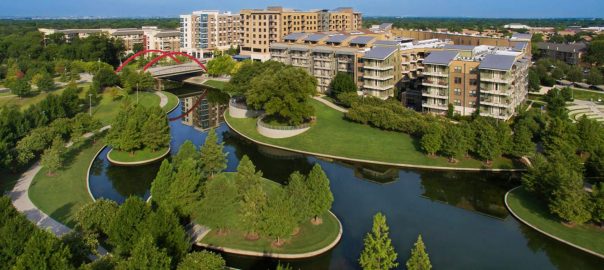
A Brief History of Climate Change Issued in November of 2018 by a collection of 13 government agencies known as the U.S. Global Change Research Program, the environmental assessments of The Fourth National Climate Assessment (NCA4) present a deeply disturbing forecast and polarizing confrontation to most anyone reading the report....
1 Comment(s)Join our Conversation

